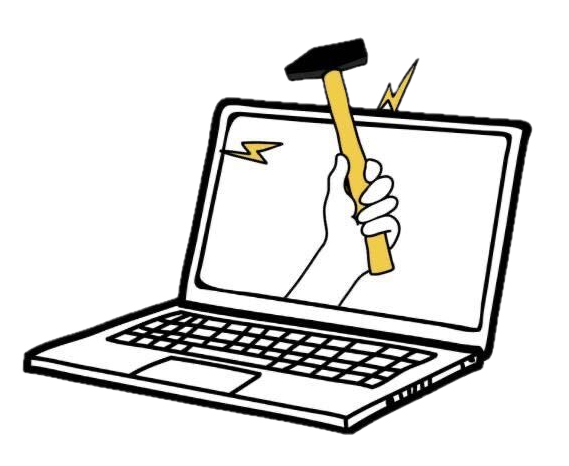 Every manager will tell you their policies and arguments come from
their own unique analysis of your particular workplace. But in truth,
the bosses aren’t very creative, and draw from the same few linkedin
influencers for their arguments and ideas. We’ve put together a bingo card as a
tool to recognize what the same tired talking points are, and to
prepare to answer them. Like any organizing tool, what matters is not
the tool, but the organizing around it, and how it helps you to bring
people together and have discussions to build resolve, solidarity and
confidence.
Every manager will tell you their policies and arguments come from
their own unique analysis of your particular workplace. But in truth,
the bosses aren’t very creative, and draw from the same few linkedin
influencers for their arguments and ideas. We’ve put together a bingo card as a
tool to recognize what the same tired talking points are, and to
prepare to answer them. Like any organizing tool, what matters is not
the tool, but the organizing around it, and how it helps you to bring
people together and have discussions to build resolve, solidarity and
confidence.
Generate and print randomized cards!
Or print a nicely-formatted two-sided pdf.
Then check out the various play styles below.
How to play ideas
Round-Robin
One player is the “boss” and delivers the first talking point (impersonation optional). The next one then formulates a good response. Next, the “worker” becomes the new “boss” and a new “worker” is picked. As you go around, discuss and critique what makes a good response.
Ease of setup - Easy
Number of players: 5+
Critics Corner
One worker reads an email, policy or memo from the boss, others play bingo with it.
Ease of setup - Easy
Number of players: 2+
Linkedin Lottery
Workers each scroll their linkedin feeds, racing one another to get to
bingo.
Ease of setup - Easy
Number of players: 2+
Story Time
Workers tell stories about their discussions. Others in the listening circle are playing bingo.
Ease of setup - Easy
Number of players: 3+
Lightning Round
One player is assigned the boss. They have to make a 60 second elevator pitch in the style of a cringey LinkedIn post of why their company needs to use it. Others play bingo on the whole pitch.
Ease of setup - Medium
Number of players: 5+
Augmented Reality Mode
Take the card to a Q&A session or all-hands. Play bingo in a private group chat.
Ease of setup - Hard
Number of players: everyone you can get
Remember: Be safe! Discussing workplace conditions with coworkers is legally protected, but management often does not respect that right. Talking to trusted coworkers is safe, but acting publicly can be seen as an escalation and risk retaliation. As discussions get more serious, we recommend you think through tactics carefully, and reach out for support. If management hears about your discussions and retaliates, then get support right away. If you are in a union, contact a union steward. If you are not in a union, reach out to EWOC.
